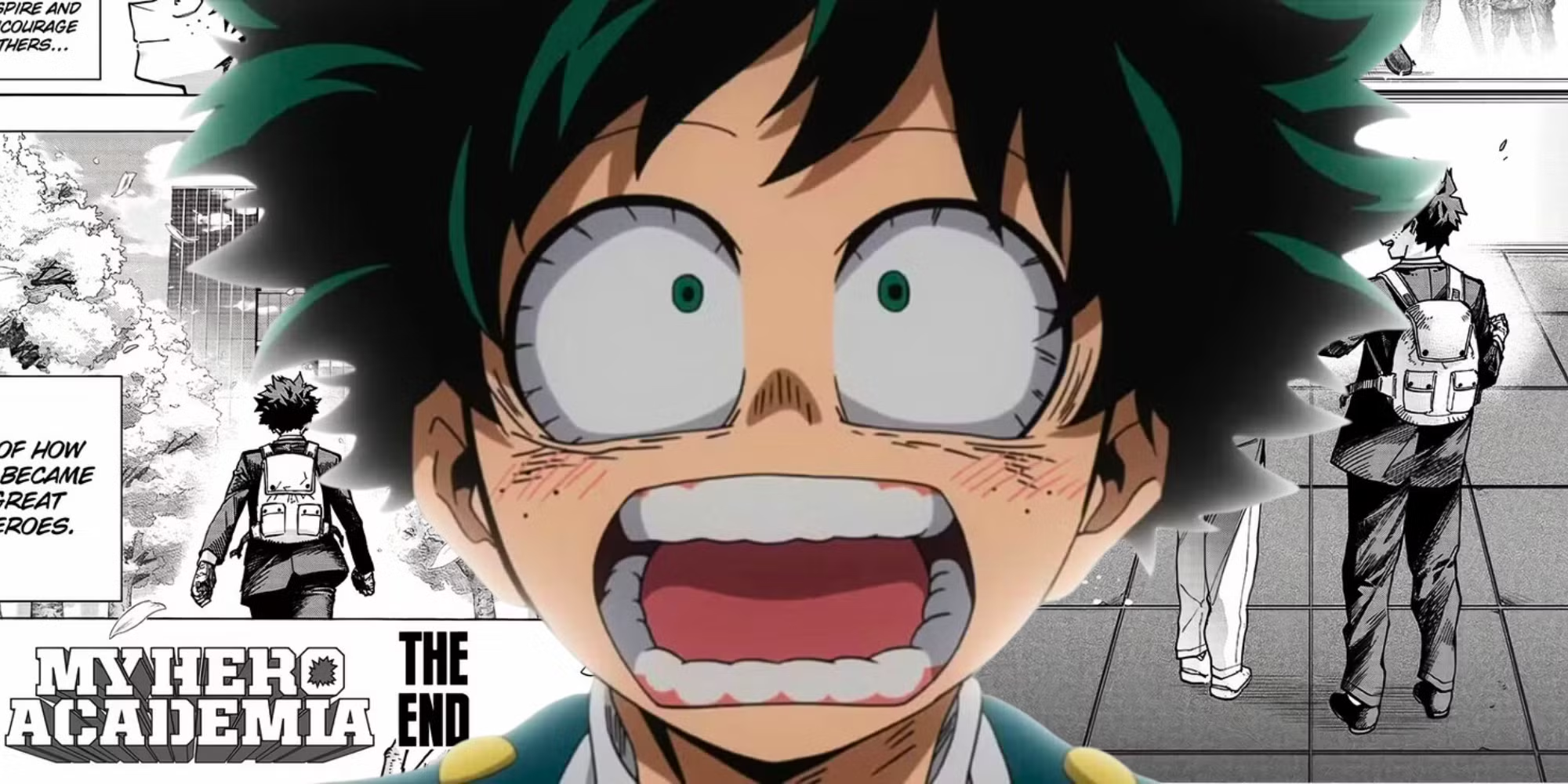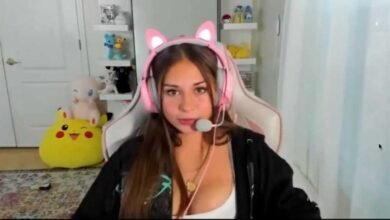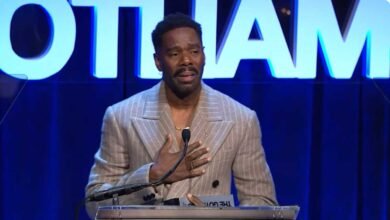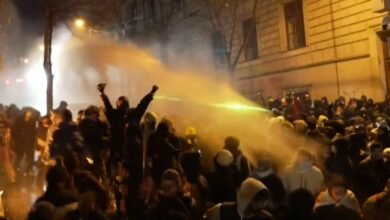My Hero Academia Conclusion: A Missed Opportunity for True Resolution

My Hero Academia (MHA) captured the hearts of fans worldwide with its powerful storytelling, unique characters, and its exploration of what it truly means to be a hero. With over 85 million manga copies sold globally as of 2023, it became a landmark franchise in the shonen genre. However, as the series reached its conclusion, the final arcs failed to deliver on the emotional highs fans had been expecting. Even the extended epilogue, which was meant to provide closure, ended up deepening the disappointment, leaving many core character arcs unresolved and key thematic promises unmet.
Kohei Horikoshi, MHA’s mangaka, responded to fan dissatisfaction by adding an extended epilogue to the final volume, offering a glimmer of hope. Unfortunately, rather than fixing the story faults, the epilogue doubled down on them, delivering shallow resolutions that undermined the depth the series once held.
One of the most significant missteps came with Tomura Shigaraki, the series’ primary antagonist. Shigaraki character arc was one of complexity, shaped by a tragic and abusive childhood, internal struggles, and his tumultuous relationship with All for One. He had the potential to either redeem himself or face a tragic downfall—one that would serve as a fitting end to his arc and emphasize the series’ themes of choice and redemption. Instead, the epilogue squandered this opportunity, giving Shigaraki a lackluster final moment that barely acknowledged his inner conflict. Rather than presenting him with a moment of reflection or confrontation, he was simply written off with a single page, his story reduced to a hollow, villainous death.
Similarly, Izuku Midoriya journey, which was meant to exemplify the true essence of heroism, fell flat. Throughout MHA, Izuku often appeared passive, relying heavily on others to define his path as a hero. This issue was particularly evident in the epilogue, which failed to provide the much-needed resolution for his character arc. Izuku progression was defined by events outside of his control—receiving One for All from All Might, being rescued by his classmates, and even his hero suit final upgrade being led by Bakugo and others.
While the epilogue showed Izuku accepting his new suit and embracing his desire to be a hero, this moment lacked any real growth or self-reflection. Instead of seeing him step into a more proactive, independent role, Izuku remained passive, waiting for others to take charge. This absence of character development left his arc feeling hollow, and the conclusion of his journey felt unearned.
Ultimately, My Hero Academia conclusion, both in the final arcs and the extended epilogue, fell short of its potential. Rather than delivering a satisfying resolution for its most complex characters, the series’ ending left many fans questioning the payoff of years of emotional investment. What could have been an opportunity for true growth, reflection, and closure was instead marked by missed opportunities and unsatisfying conclusions. While the series’ earlier volumes shone with the promise of deep character exploration and thematic richness, its finale ultimately failed to deliver on those expectations.






